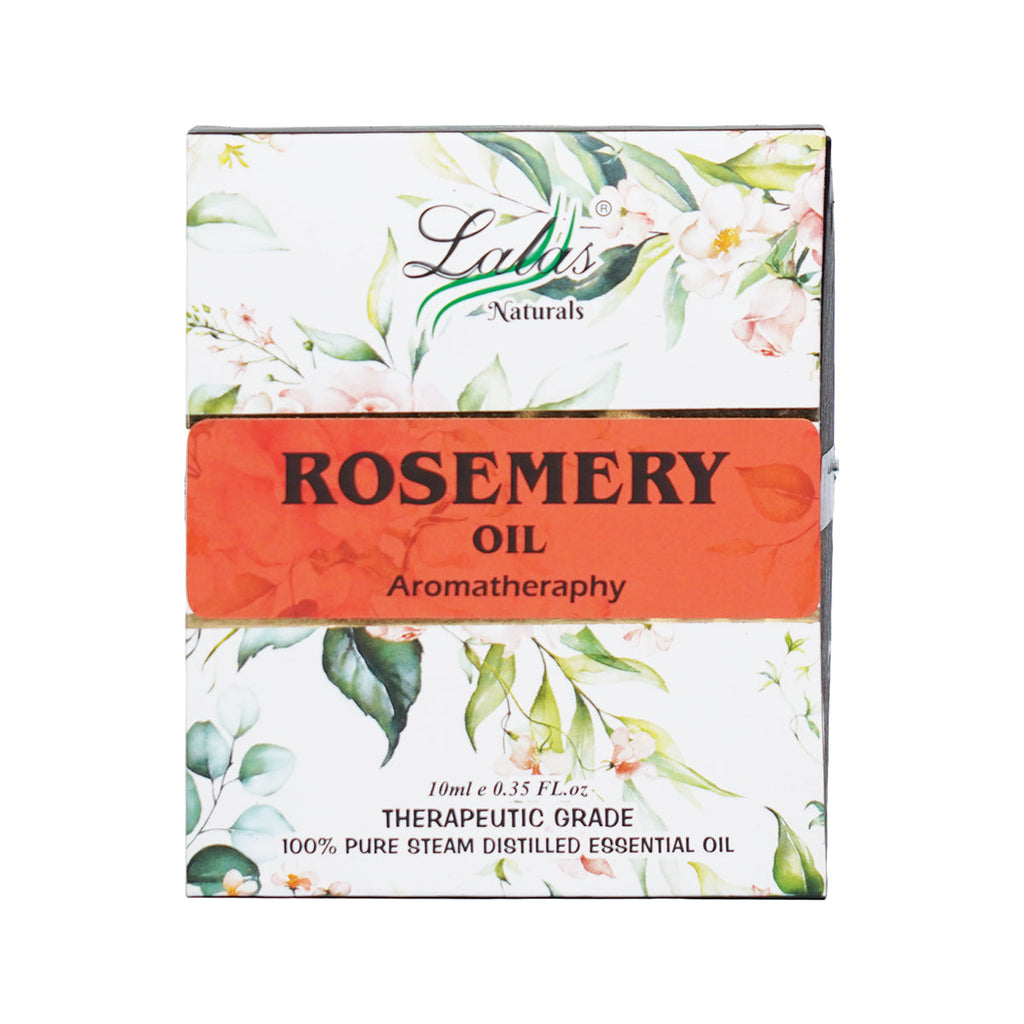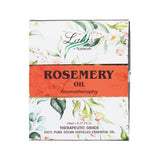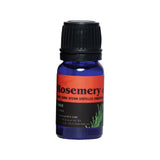Rosemary contains a number of powerful substances, including carnosic acid, carnosol, and rosmarinic acid, which offer anti-inflammatory, antioxidant, and antimicrobial effects.
Rosemary oil differs from rosemary extract, as they contain different compounds in varying concentrations. Rosemary extract supplements can be taken orally, while rosemary oil is applied topically or inhaled as aromatherapy.
Applying rosemary oil to your skin and hair and inhaling it as aromatherapy may offer a few health benefits.
- May Improve Hair Growth
- May Improve Cognitive Function, Relieve Stress, and Boost Mood
- Could Help Reduce Pain
Rosemary oil is usually applied topically or used as aromatherapy.
To use rosemary oil as an aromatherapy treatment, you can diffuse rosemary essential oil in an essential oil diffuser. Rosemary oil can be blended with other essential oils.
You can also simply inhale rosemary essential oil straight from the bottle.
When applying rosemary oil to your skin, it’s recommended to mix it with a carrier oil. Carrier oils help dilute essential oils when using them topically. Essential oils are highly concentrated, so mixing them with a carrier oil helps dilute them, making them safer for topical use.
When using rosemary oil to promote hair growth, you can blend a few drops with your shampoo or conditioner or mix several drops of rosemary oil with a carrier oil and then massage it into your scalp.
Dosage : Rosemary oil generally isn’t meant for oral use.
Rosemary oil is concentrated, so only a few drops are needed to create a powerful aromatherapy or topical treatment.



